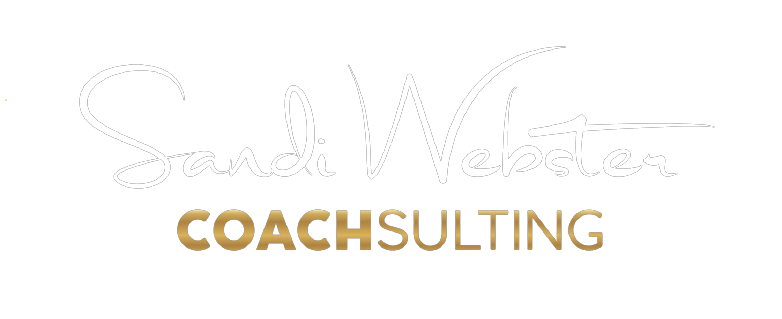The Difference Between A Mentor and a Sponsor
A common misconception small business owners have is the difference between having a sponsor and a mentor. There will be the make-or-break business decision that calls for the guidance of a mentor and the once-in-a-lifetime opportunity that calls for a sponsor to recommend you. As a small business owner, you need more than a mentor; you also need a sponsor. The two are not the same. Finding a mentor is great, but getting a sponsor is also helpful in catapulting your business growth.
Mentoring denotes a relationship between a more experienced person—the mentor—and a less experienced person—the protégé. The mentor’s role is to guide, instruct, encourage, and correct the protégé. The protégé should be willing to listen to instruction and constructive criticism and feel that the mentor is concerned with his/her welfare. Mentor/protégé relationships are less structured and more personal than traditional teacher/student situations. You can design the type of structure you need.
On the other hand, a sponsorship is an “action” relationship. The person that is sponsoring you is going to open doors for you. For example, when an opportunity arises for which your business is suitable, the sponsor informs others about you and they “sell” your abilities when you are not in the room.
One way to find a sponsor is to identify a person within your industry or network that is respected and influential. Then, find critical opportunities to introduce yourself, get to know the potential sponsor informally, and share strategic information about your business’ accomplishments, education, and goals. A sponsorship will naturally occur provided you have built a friendly relationship of respect, professionalism and you have demonstrated you can perform as a business owner.
Finding a mentor can provide much value and may be an excellent springboard for building relationships while having a sponsor can provide significant business opportunities. For business owners seeking to get ahead, sponsorship, in addition to mentoring, is decidedly necessary.
Stanford Linear Accelerator Center (SLAC) summarizes the comparisons well:

So, if you are recruiting people for your Personal Advisory Board or your Business Advisory Board, know who you want, why you want them, and what you want them to do for you or your company! A mentor can be a sponsor [if they have the right connections and are willing to share them]. Still, it’s more natural for a sponsor to be a mentor [because they already have the contacts and can easily mentor you through a winning conversation with them}. Either one or both will serve you well!


